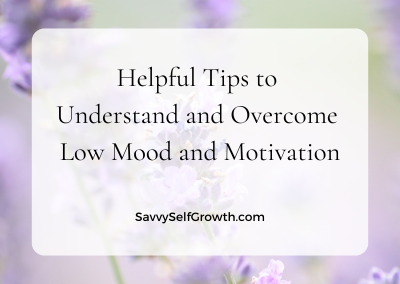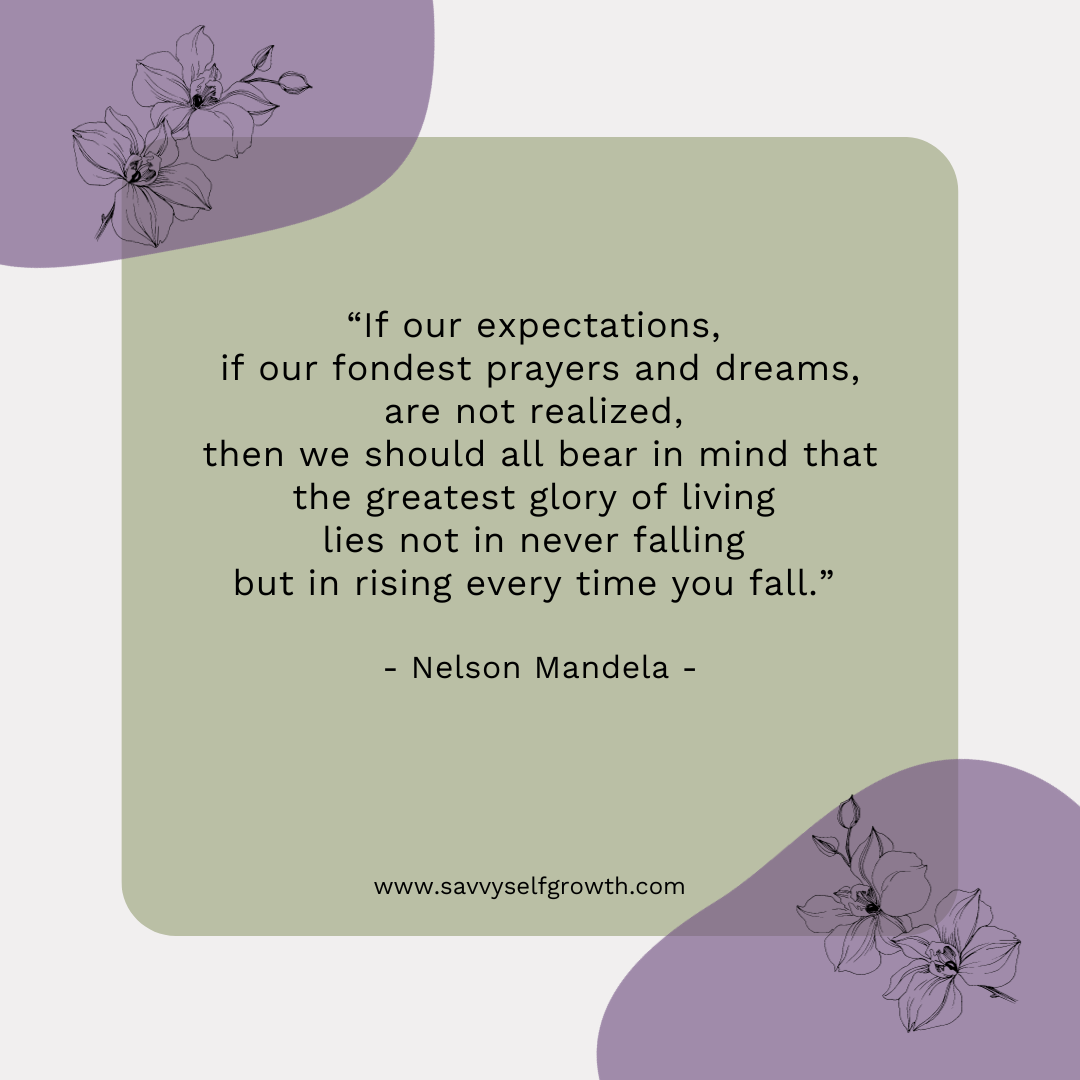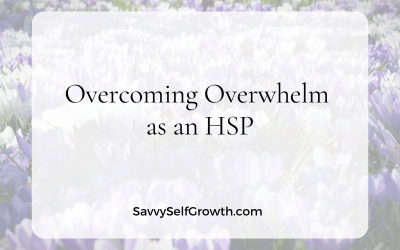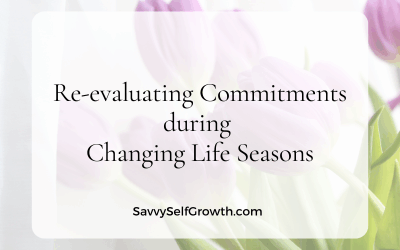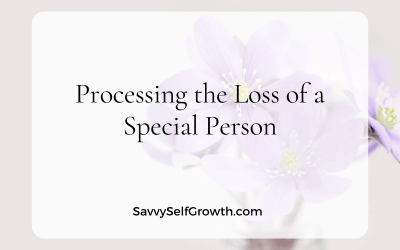. “If our expectations, if our fondest prayers and dreams, are not realised,
then we should all bear in mind that the greatest glory of living
lies not in never falling, but in rising every time you fall.”– Nelson Mandela –
So it’s Monday, and article/newsletter day for me. I shared about Writer’s Block in the previous article, and would you believe it — today I had more of those moments. “What one earth should I write about today?”
Then I had a 15 min conversation with a colleague I meet with most Mondays. After that brief chat, it was clear to me: Write about what’s authentic and uppermost for me, and that means…
What do we do when we run out of happy juice and motivation?
My colleague asked me: “What will excite you today?” I took a rather loooong minute and just couldn’t feel into anything that would truly make me feel light and excited.
My answer: “A week long holiday where I don’t have to think about ANY of my tasks, responsibilities and things that need to be done. But… that’s not possible right now.”
Is my life that bad?
Heck, no, it isn’t! And you’ve probably had that experience, too.
I have so much to be grateful for. Compared to probably 95% on people on earth, I have it extremely good.
There’s always too much food in the pantry, fridge, freezer (and garden). Never have I had to go to bed with a hungry tummy. I have a wonderful business that I’ve worked hard to create, and beautiful friends I get together with regularly. Last week Friday I had a fantastic day in London with a school friend from SA — and next week Friday I’m going to London again for an inspiring day with Tad Hargrave (a deep-thinking, compassionate marketing mentor). I have a magnificent husband, money in the bank, mostly good health. We are safe in our house, in the country I’m in. And I can name a thousand other gratitude’s and blessings.
Yet — sometimes we feel like this. We know we “shouldn’t”. And we do.
You might have seen the meme: A painting of a lady with her arm over her eyes. She has a truck load to do, yet she lies on the coach until all thoughts of doing any of them, pass. 😁
Have you been in this boat? I hope my thoughts are helpful.
What’s going on, then?
One: It’s multi-layered
My first thought: Please let no-one pipe up and say “Listen — if you just do this one thing, your low mood and motivation will be fixed.” (By the way — this is not aimed at you, dear Reader— it’s a generalisation just because I’ve come across this so often, and I’m also guilty of it. Note to self!)
You might know that dreaded moment when you share a problem with a friend, and they instantly tell you what you should do to fix it. “Simples, just this one little answer will stop all the suffering.”
Well, no. I almost want to say in a very British way — “Bollocks!” (The origin of the word : centuries ago it meant testicles! Now, it just means “rubbish”.)
What’s wrong with a simple answer?
Firstly, it can feel invalidating and disrespectful when we have “the answer” for someone’s life without them asking. A wonderful question I learned from Brene Brown (and I’m still totally practicing asking instead of jumping in with advice!):
“Do you want comfort, or suggestions?”
And secondly, in my experience of working with clients in the past 17 years, it’s very rare that one simple thing will fix everything. Our issues are usually multi-layered, with multiple aspects. I’ve hardly ever come across ‘one simple thing’ that will make an issue go away.
Perhaps this short video about emotional complexity helps you to allow the possibility of acknowledging complexity for your own issues.
It’s much kinder, more realistic and trustworthy to look at all the possible factors involved in an issue, before we start dishing out ‘simple’ advice — even to ourselves.
I’ve done that many times before, to my regret. And I’m saying it with a lot of grace for the parts of me that were trying to be helpful and loving. We do this usually without thinking of the effect on the receiver.
Two: Acknowledge the truth and be kind
This point almost made it to first place because it’s that important to me. Acknowledge and validate how you feel first, before jumping to false positivity.
Some call it toxic positivity, though that phrase feels pretty distasteful to me. Hardly anything is really ‘toxic’ if you look at the intention behind it. I call it false positivity — because it’s like a layer of pretty pink icing we try to put over an old cake infested with maggots (Eeuw, horrible image. Hope I didn’t put you off cakes. It’s never worked for me to imagine stuff like this — I still love cake!)
It simply does not work to plaster a layer of ‘feel good’ over what is our truth. Sometimes we are feeling down and low, for known or unknown reasons. Those reasons might not be nearly as bad as stuff in someone else’s life — but that doesn’t mean we have to discount or downplay our own.
Compassion and kindness
Give yourself a huge, big hug when you’re going through a time of ‘unmotivation’. Refrain from judging yourself and do the best you can to not ‘should’ on yourself. “I shouldn’t feel like this. I should feel positive I should not think any negative thoughts.”
Those blasted shoulds (rules) never work anyway. No-one ever does what they say they ‘should’, so let’s kindly not do that to ourselves.
I use a beautiful Japanese healing method called Jin Shin Jyutsu. And they have a position (hold) that they call ‘The Big Hug’ where you wrap your arms around yourself, with a hand underneath each armpit. Sit in this position, while taking 36 breaths. Here’s a short video, where Alex explains what it’s good for. Such a great resource!
Wellness Wednesday🌱 Give Yourself a Big Hug 🤗 — YouTube
Hug yourself, have compassion for the parts of you that are having a hard time, and invite those parts to let you know what’s troubling them. No amount of shoulding or judgement usually makes us jump into action. I’ve tried, and I bet you have, too. So can we stop expecting that of ourselves?
Three: There are usually good Meta-reasons and hope!
I’m a certified Meta Consciousness Practitioner — a method that can help us find the root cause of conditions. On a Meta level, there are multiple factors and specific types of emotional stressors that can put us into a place of low motivation or mood. I won’t go into them here, but just to give you a bit of hope: I’ve worked with 2 beautiful female clients recently who found it very insightful and relieving to discover what might be behind their low motivation. There is hope to heal these.
Four: Look at what’s going on in the world!
If you’re anything like me, you might feel ‘bombarded’ by all the big and stressful things happening in the world right now. Climate change. The UK is under water, another storm is on its way. South Africa’s had floods, heatwaves, and snow in spring. Earthquakes in Turkey, Afghanistan, Italy. The upsetting war in Gaza, the ongoing Ukraine-Russia war. There is simply a lot that our nervous systems need to process daily. It’s almost impossible to get away from bad news if we’re connected to the internet or other people.
The relentlessness can create havoc in our hormones and neurotransmitters. It’s a lot to manage, especially if we also have big things going on in our own lives.
Five: Is there a pattern?
It can be helpful to look out for whether there’s a pattern involved. Do you feel low every Monday? Or every time before/after contact with a certain person? Or every Sunday night? What can you tweak to test out a different possibility?
An example: I’m gradually becoming aware that the way I’ve set up my Mondays might not be best for my energy. I don’t see clients on Mondays — I have it set aside for writing an article, creating my newsletter and a very brief check-in with a colleague midday. I’ve noticed that staring at my computer by myself first thing on a Monday just doesn’t fill me with joy.
I’m now considering building in an interaction with another human being early on a Monday morning, to help uplift my energy. I’m still brainstorming what kind of interaction that might be (client, colleague, interview). What I do know is that a deep conversation with another unique human being does wonders for my energy and inspiration.
So what can we do about low mood, energy and motivation?
I’ve shared a few thoughts and ideas that’s worked for me above. Maybe you’ve had some of your own ideas already — and I’d love to hear them.
Here’s a brief summary of what helps me:
- Acknowledge your honest feelings. Admit where you’re at, even if it’s just to yourself. There’s often huge relief in being honest and naming it.
- Do the big hug (from JSJ). Give yourself some extra grace and kindness. Forcing / shoulding / judging does no good and is often impossible anyway. It can lead to resentment. And a part of you will feel unheard. That part will usually scream louder with time, i.e., feel lower and lower.
- Have compassion for how much is asked of your nervous system every day. Life 100 years ago was much simpler, and we have not yet evolved to be able to cope with such large, extra loads.
- Of course — use EFT tapping to process some of the hard stuff in the world. Use my recorded session for the Ukraine war to process some of your own thoughts and feeling about what’s going on in the world.
- It’s so effective to use a recording to ‘borrow benefits’ with EFT. If you don’t know what to tap for, or you feel too low to come up with words, use a recording to prompt you — it always works for me.
And a few more suggestions:
- Give yourself small ‘uplifts’. That means interact with someone or something — even if you don’t feel like it. A person you appreciate. Offer to make someone a cup of tea. Smile at a passerby. Let someone into a queue. Start an easy task, even if you really don’t feel like it. Engage with something or someone. I’ll write another article about ‘Uplifts’. The idea is from a stunning book called “Ready for Anything: How to Build Resilience and cope with Daily Stress” by Dr Samantha Boardman. Here’s a interview-article where she mentions ‘uplifts’ briefly.
- Look for patterns. It might help to become aware of a common underlying cause.
- Remember: no feeling lasts forever. Sometimes the low motivation or mood can pass before we’ve figured out what it’s about. I started this article yesterday, and finished it today. I had a great day today with client sessions, an energizing walk, and several tasks I completed. My low mood is nowhere to be found today!
- If you feel you’re struggling and it’s been going on for too long — please do reach out for help, especially if you have had a lot of trauma. No-one needs to go on suffering when so much help and support is available. Even if I’m not the right person to help you — I have a network that I can refer to for support.

